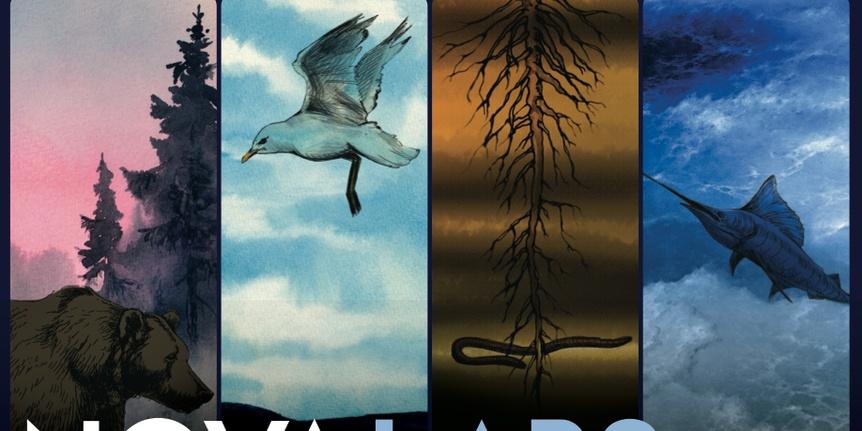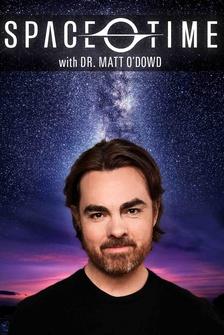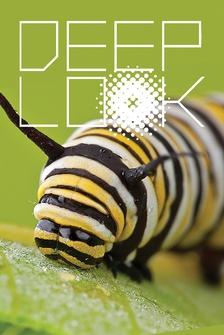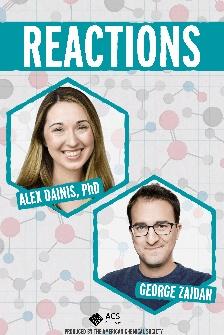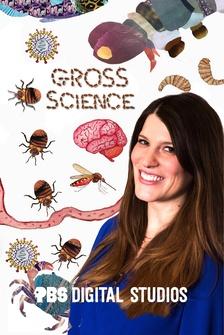- [Dominic] A powerful psychedelic called ibogaine is making headlines, and there's growing evidence that it may help treat opioid addiction and even traumatic brain injuries.
- So ibogaine is different than the other psychedelics in the sense that ibogaine seems to be able to abort the actual withdrawal phenomenon.
- It's a treatment showing early promise, but it can be dangerous too, including some serious side effects like cardiac arrest and even death.
- It's not really a recreational drug to be taken lightly.
- [Dominic] Ibogaine comes from the root bark of the iboga tree, which is native to the rainforest of Central Africa, and has been used by indigenous communities in Gabon and Cameroon in traditional rituals practiced for thousands of years.
It was first studied in the US during the early sixties, but, like many other psychedelics, was banned in 1967.
In recent decades, there's been a renewed interest in studying ibogaine.
In the US, funding has been limited to animal studies since it's still illegal for human use.
But in other countries, it is legal or unregulated.
And what they found has been surprising.
Some small international studies have claimed that ibogaine can help reduce, or even eliminate, symptoms of withdrawal in people with opioid addiction.
There's early evidence that ibogaine may also help people with brain injuries.
A group of researchers conducted a small study of 30 men who were in the US Special Operations Forces and had sustained traumatic brain injuries.
In addition to self-reported questionnaires, neuropsychologists conducted evaluations before and after a single session on ibogaine.
They found that ibogaine led to decreases in PTSD symptoms, anxiety, and depression.
But while the results from this study are quite striking, there was no control group for comparison.
And other research shows that the use of some psychedelics, like LSD, may actually permanently rewire the brain.
Brain scans show that, during use, some psychedelics can temporarily create connections between regions of the brain that don't normally talk to each other.
One thing that makes ibogaine unique is the duration of the drug effects, which are believed to be more than 24 hours.
That longer period gives the brain more time to rewire itself and respond to treatment.
By comparison, the effects of psilocybin, the active ingredient in mushrooms, typically last up to six hours and mescaline and peyote about eight hours.
People who have taken ibogaine reported experiencing waking, dream-like state where they can revisit parts of their past.
- And it produces a very stereotyped set of experiences where people have this life review or slideshow where they go back through earlier life, emotionally salient memories, and they kind of reevaluate them.
- Today, ibogaine is still illegal in the US for use in humans and remains classified as a schedule one drug along with heroin and LSD.
Like other psychedelics, using ibogaine can cause arrhythmia an irregular heartbeat that, in some cases, can lead to cardiac arrest and even death.
Some researchers are working on ways to mimic the effects of ibogaine in the brain.
The goal is to treat addiction and depression, but without leading to complications.
- The new molecules, although they don't look like ibogaine at all, they do the same thing mechanistically that ibogaine does, and they, at least in the animal models, they copied what ibogaine's effects are.
But ibogaine research still has a long way to go.
- We have this very exciting idea that, you know, psychedelics, and especially ibogaine, should be, you know, able to cure all of these diseases of the brain.
But we're very much at the beginning of those types of studies.
(gentle music)


